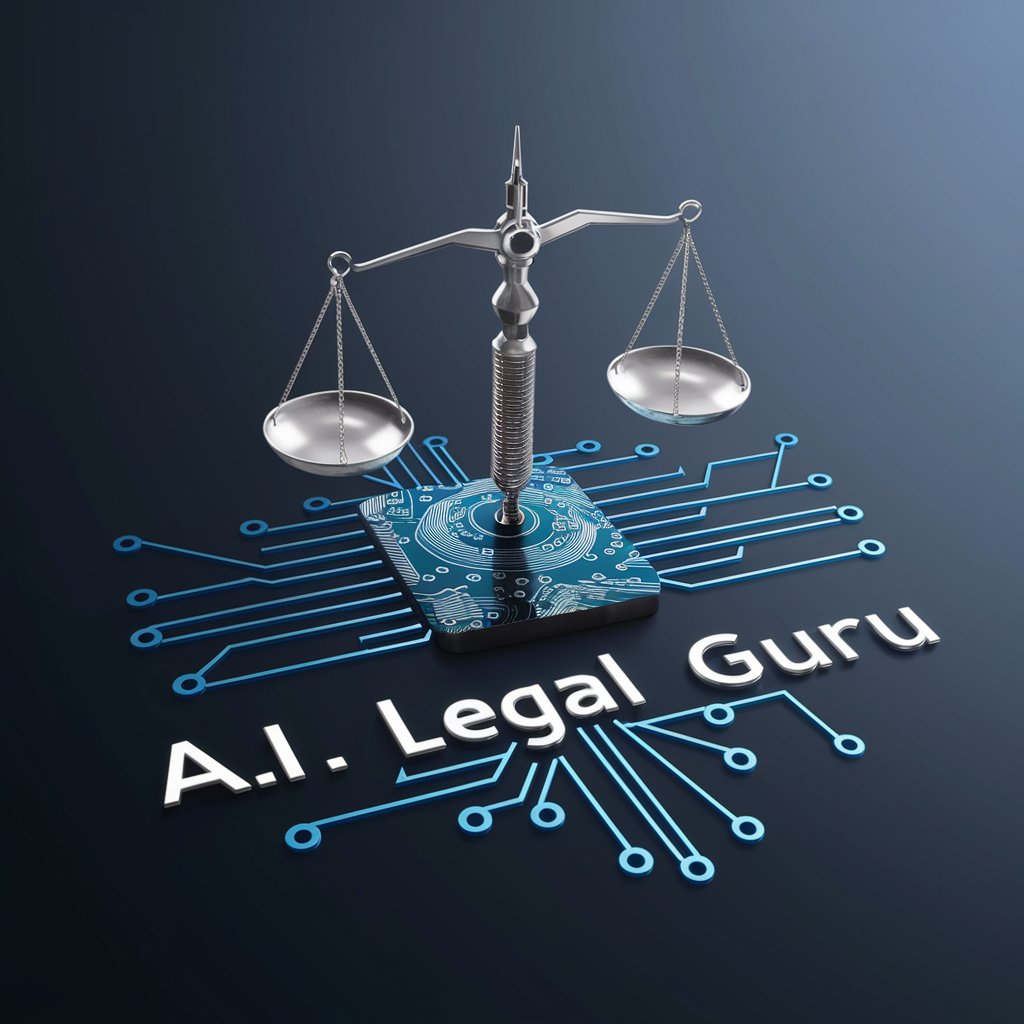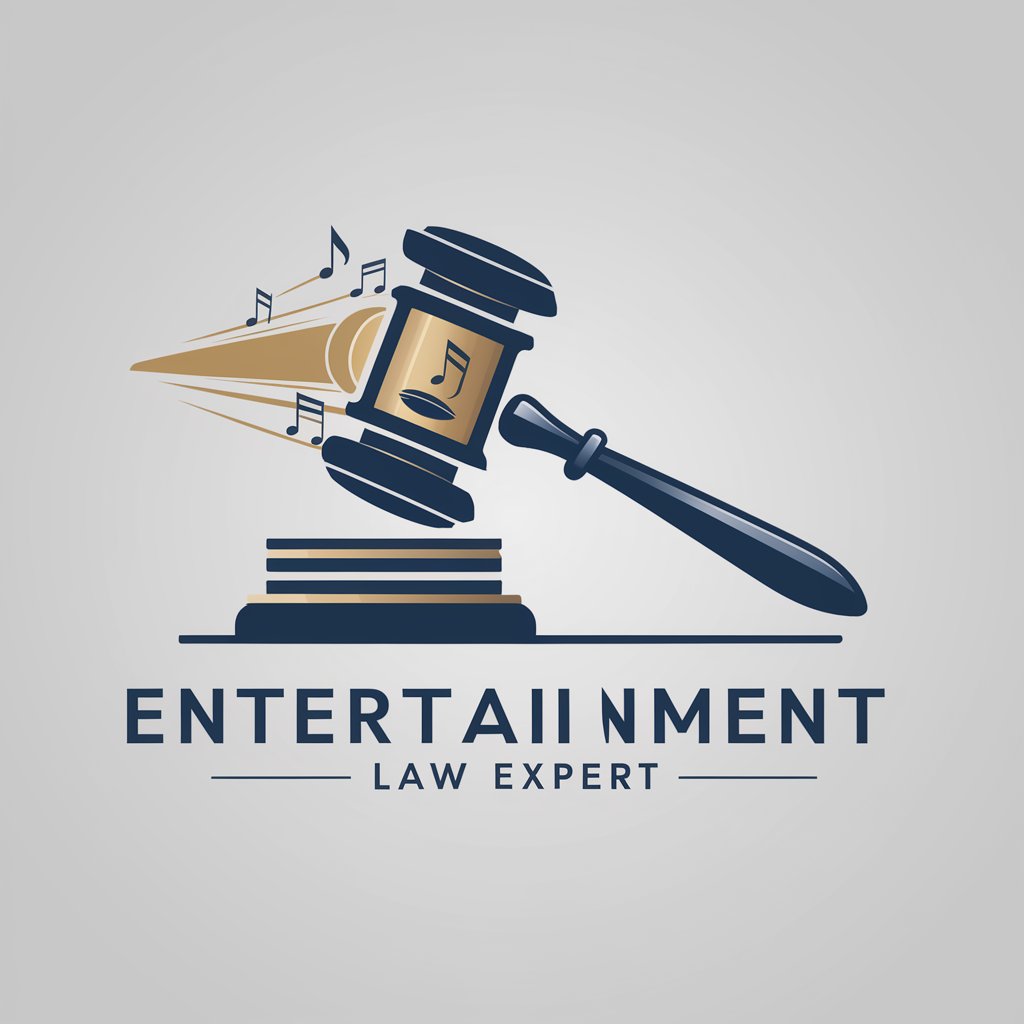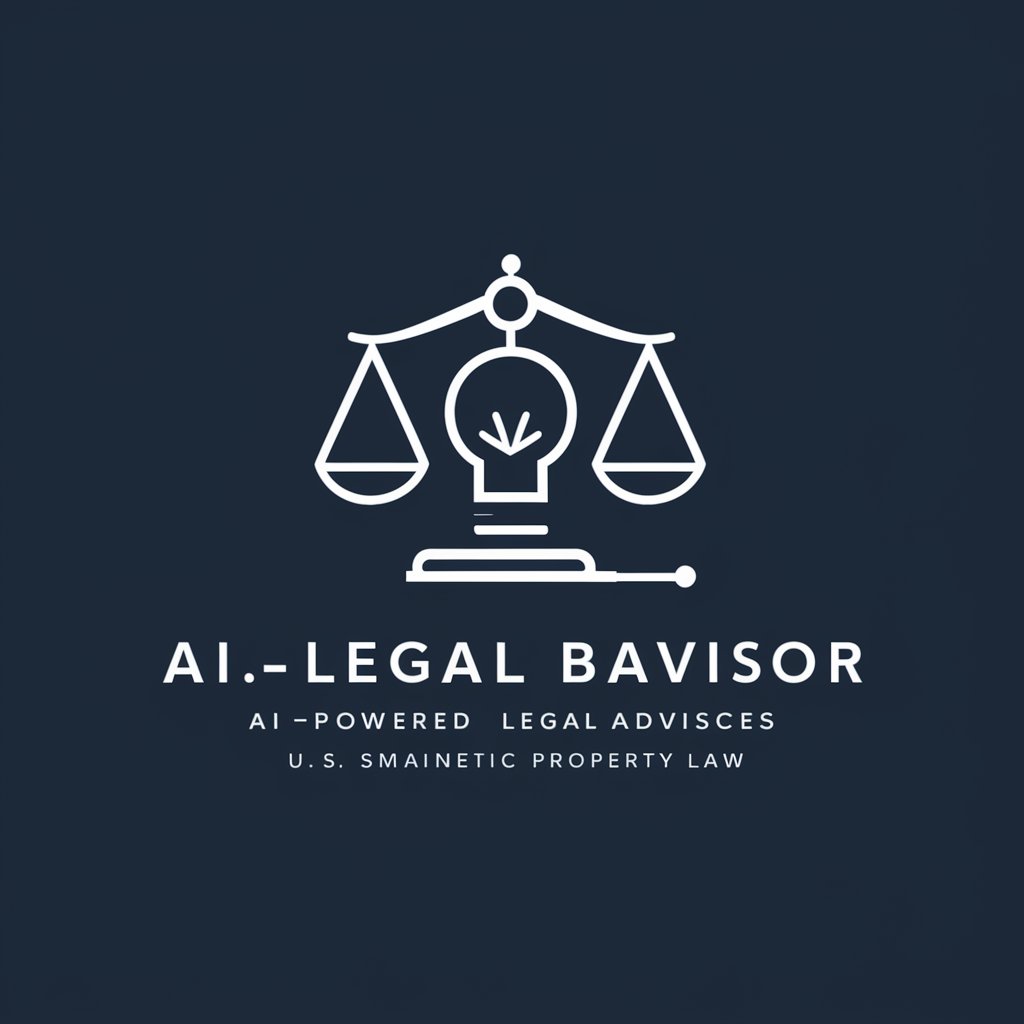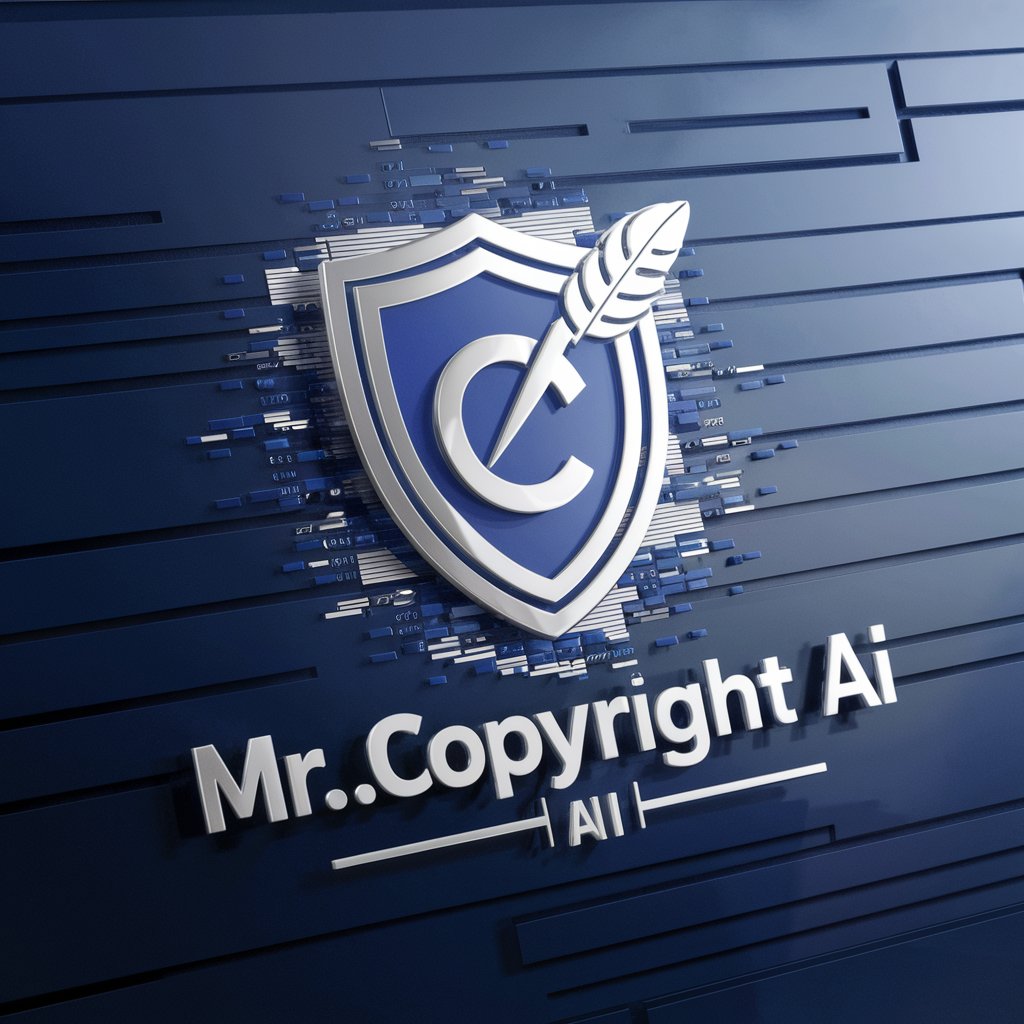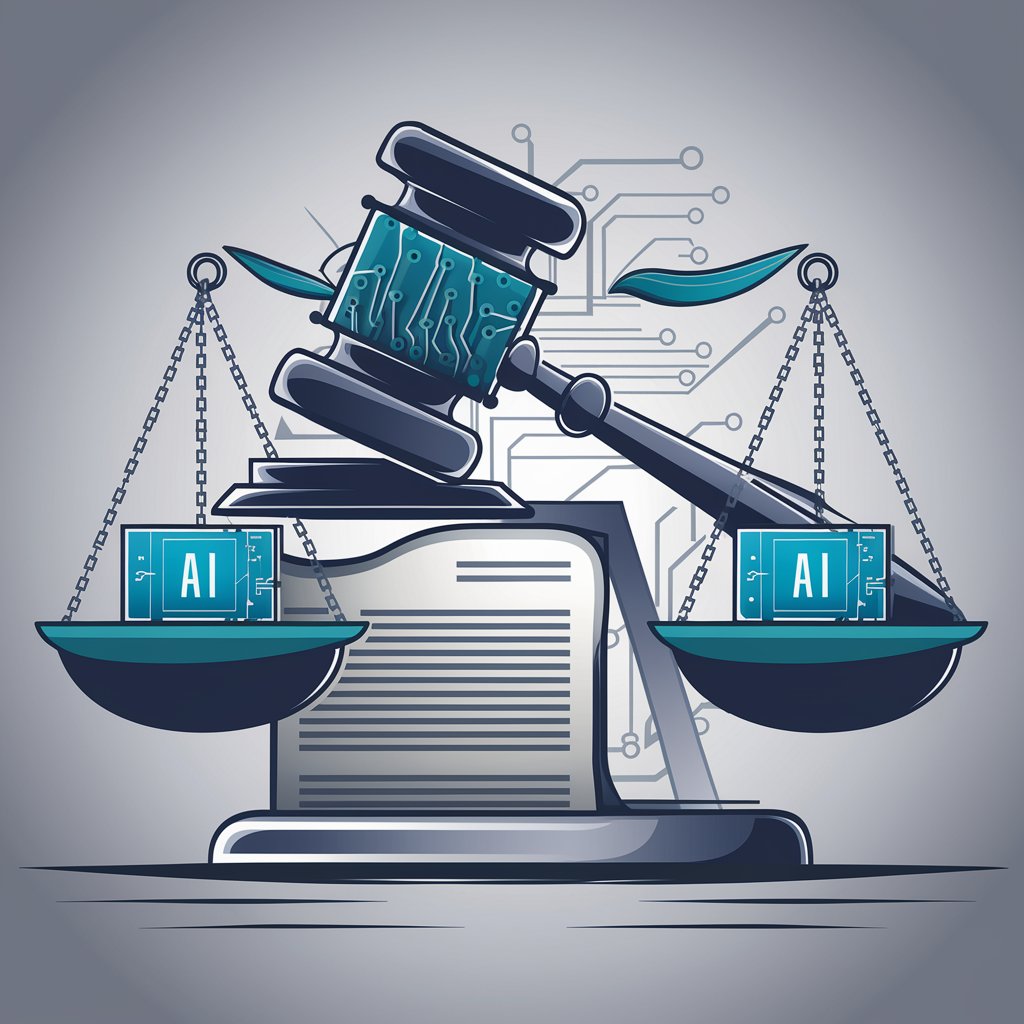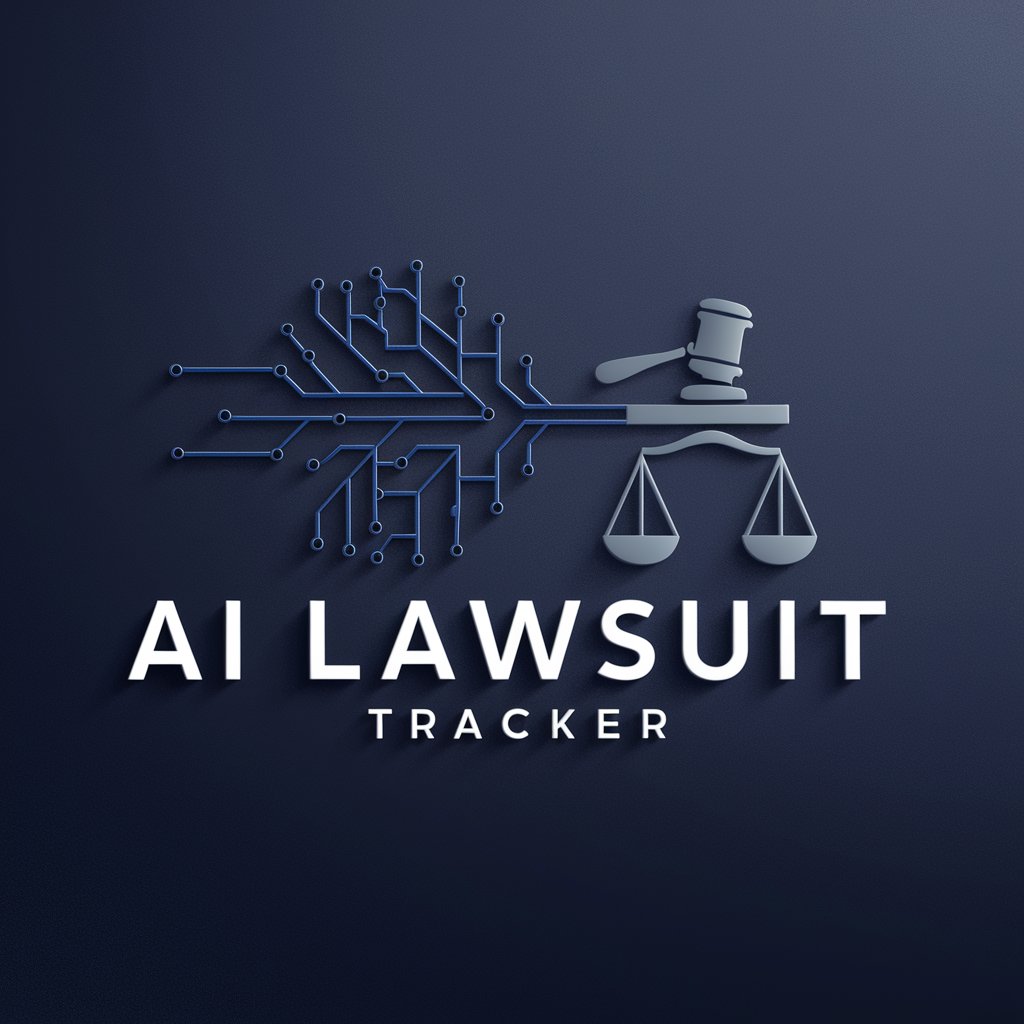
Expert on US AI copyright lawsuits - AI Copyright Insights
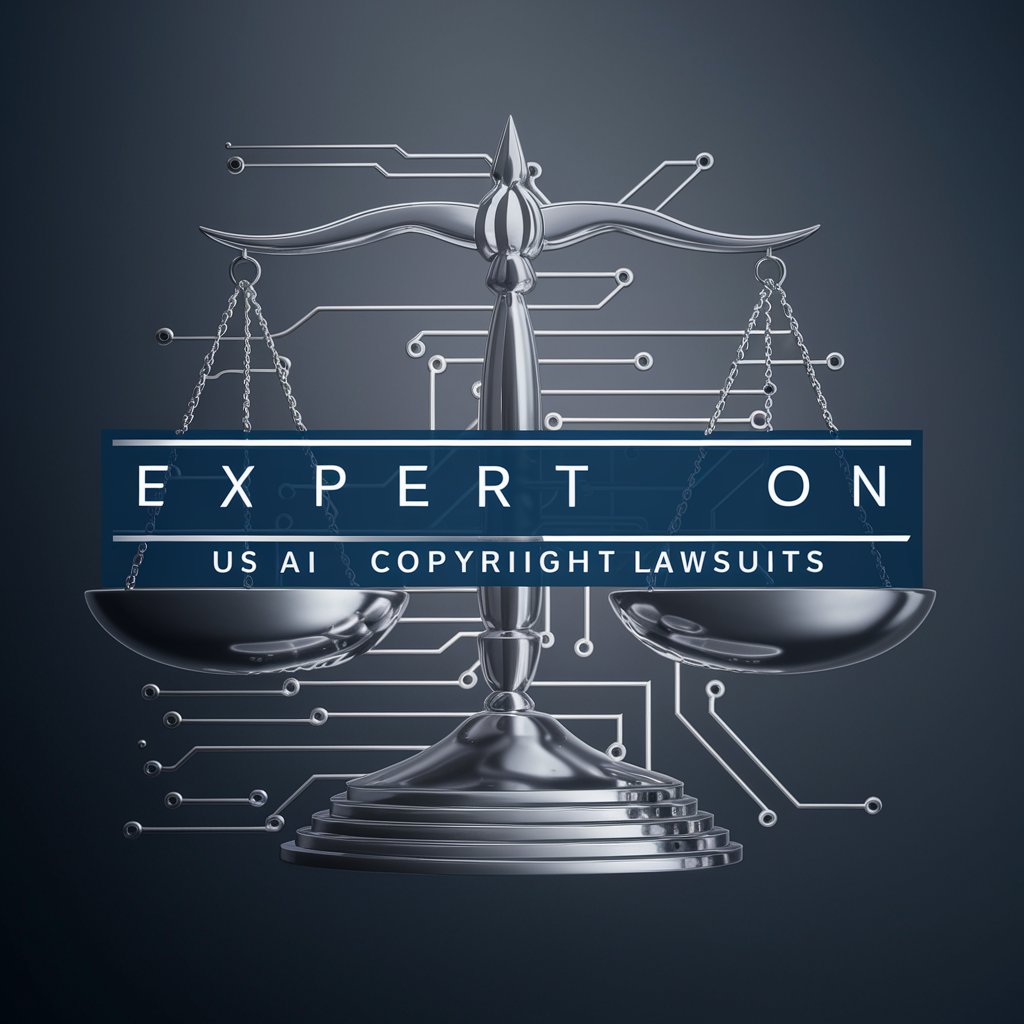
Welcome! I'm your expert on US AI copyright lawsuits.
Navigating AI copyright complexities
Explain the key arguments in recent US AI copyright infringement cases.
Discuss the trends in legal reasoning for AI-related copyright lawsuits.
Analyze the implications of the 'fair use' defense in AI copyright cases.
Summarize the major points from the Microsoft OpenAI lawsuit regarding AI and copyright.
Get Embed Code
Expert on US AI Copyright Lawsuits: An Overview
Expert on US AI copyright lawsuits is a specialized GPT trained to understand and analyze the intricate details of copyright infringement cases involving Artificial Intelligence (AI) within the United States. It is designed to dissect recent legal documents, identify key arguments, trends in legal reasoning, and decisions pertaining to how copyright law interacts with AI technologies. Through detailed analysis of cases and legal documents, including 'AI-report_EN', 'Litigating Against the Artificially Intelligent Infringer', and others, it provides comprehensive insights into the evolving landscape of copyright law as it grapples with the challenges posed by AI. Examples of its application include clarifying the fair use doctrine in the context of AI training data, as discussed in submissions to the USPTO by entities like OpenAI, and exploring liability issues for AI-generated content. Powered by ChatGPT-4o。

Core Functions of Expert on US AI Copyright Lawsuits
Analysis of Legal Documents and Cases
Example
Reviewing the 'OpenAI_RFC-84-FR-58141' document to discuss OpenAI's stance on copyright protection for AI innovations, emphasizing the fair use doctrine for AI training.
Scenario
A user inquiring about the implications of training AI systems on copyrighted material and the legal standing of AI-generated content.
Identifying Trends in Legal Reasoning
Example
Exploring how courts have approached the concept of authorship and infringement in cases like 'Tremblay et al v. OpenAI', focusing on the application of traditional copyright laws to AI-generated works.
Scenario
A user seeking to understand how recent court decisions might impact future AI development and copyright policies.
Providing Interpretations and Educational Explanations
Example
Interpreting the implications of the 'META OPENAI SILVERMAN INFRINGEMENT' case for AI developers and content creators, particularly regarding liability for copyright infringement.
Scenario
A software developer curious about the copyright risks associated with using AI to generate or modify content.
Who Benefits from Expert on US AI Copyright Lawsuits?
Legal Professionals
Attorneys and legal scholars focusing on intellectual property law will find in-depth analyses of cases, legal documents, and the impact of AI on copyright law invaluable for litigation and academic research.
AI Researchers and Developers
Individuals and entities involved in AI development can leverage insights on copyright infringement risks, fair use, and policy considerations to guide the ethical and legal use of AI technologies.
Policy Makers
Regulators and legislators can understand the challenges and opportunities presented by AI in the context of copyright laws, assisting in the formulation of policies that balance innovation with copyright protection.

Usage Guidelines for Expert on US AI Copyright Lawsuits
Start your journey
Begin your exploration by visiting yeschat.ai for a complimentary trial without the need for registration, offering you immediate access to insights without the commitment of a ChatGPT Plus subscription.
Identify your inquiry
Clearly define the specific aspect of US AI copyright lawsuits you're interested in. This could range from recent case outcomes to detailed legal interpretations affecting AI technologies.
Utilize targeted questions
Formulate precise questions to ensure the responses are focused and relevant. The more specific your query, the more accurate and useful the information provided will be.
Apply the insights
Use the information and insights gained to inform your understanding, research, or legal strategy regarding AI copyright issues. Remember, the tool is for informational purposes and not a substitute for professional legal advice.
Explore further
Don't hesitate to dive deeper into topics of interest. If your initial questions lead to new inquiries, continue the exploration to expand your knowledge and understanding of AI copyright laws in the US.
Try other advanced and practical GPTs
AI Civil Lawsuits
Navigating Civil Lawsuits with AI-Powered Precision
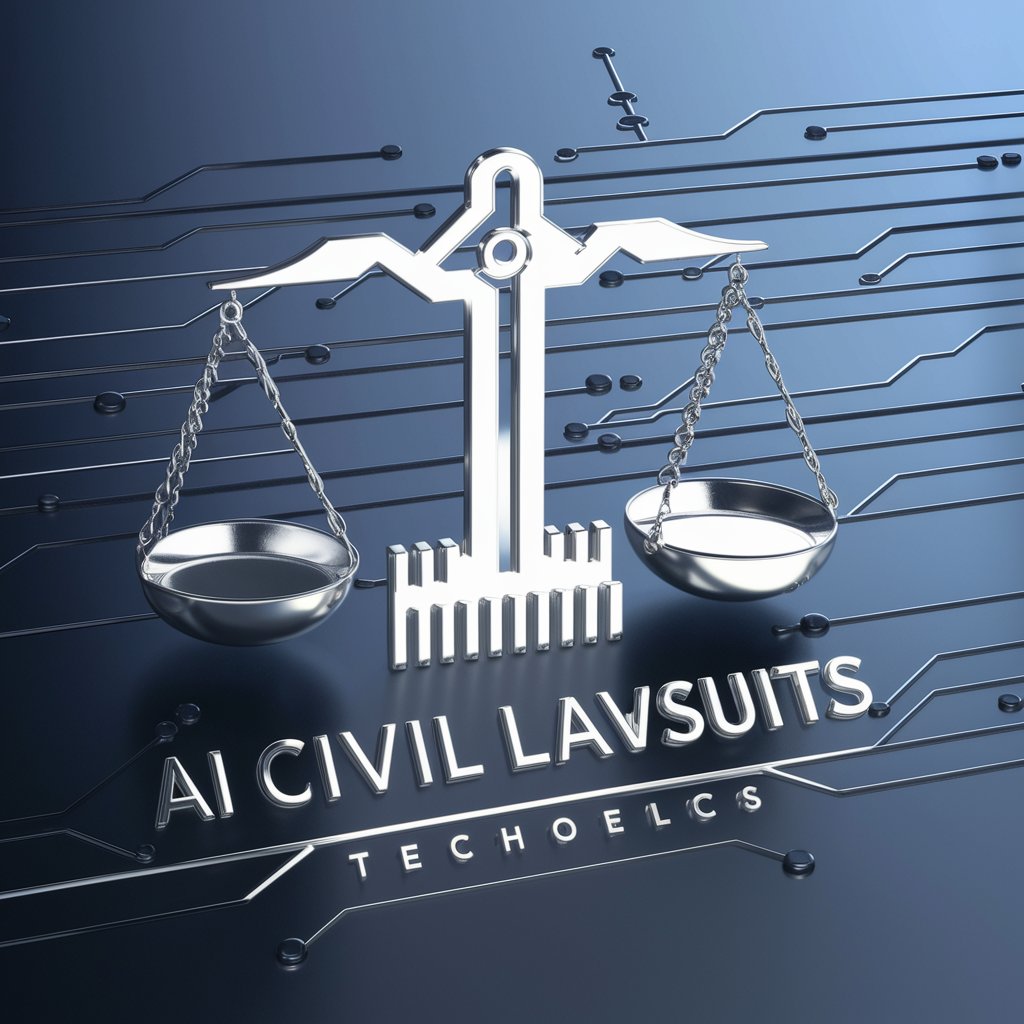
Win lawsuits against employers.
Empowering your legal fight against employers with AI.
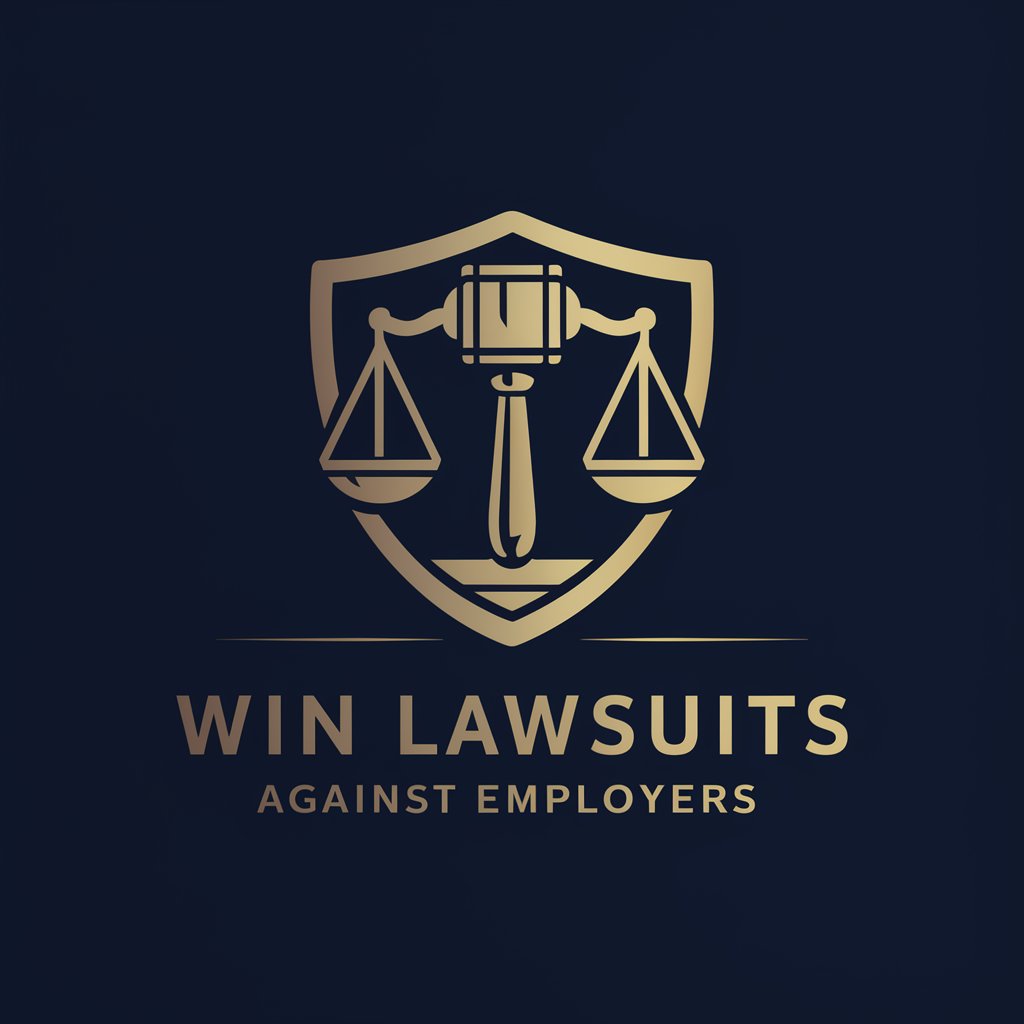
Employee Performance Review - SME
AI-powered Personalized Performance Feedback

Marque employeur
Empowering your employer brand with AI
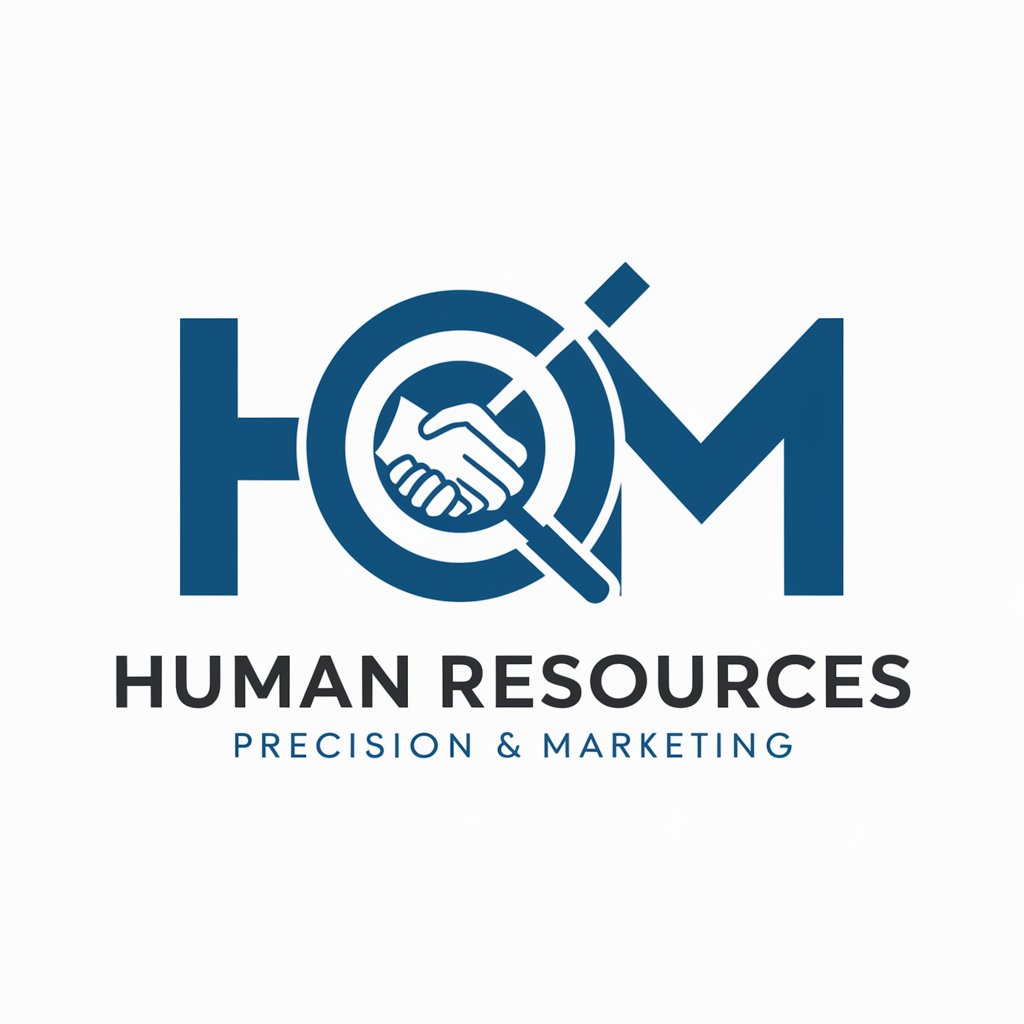
ASK GPT-Canada Employer-Specific Work Permits
Navigate Canadian Work Permits with AI
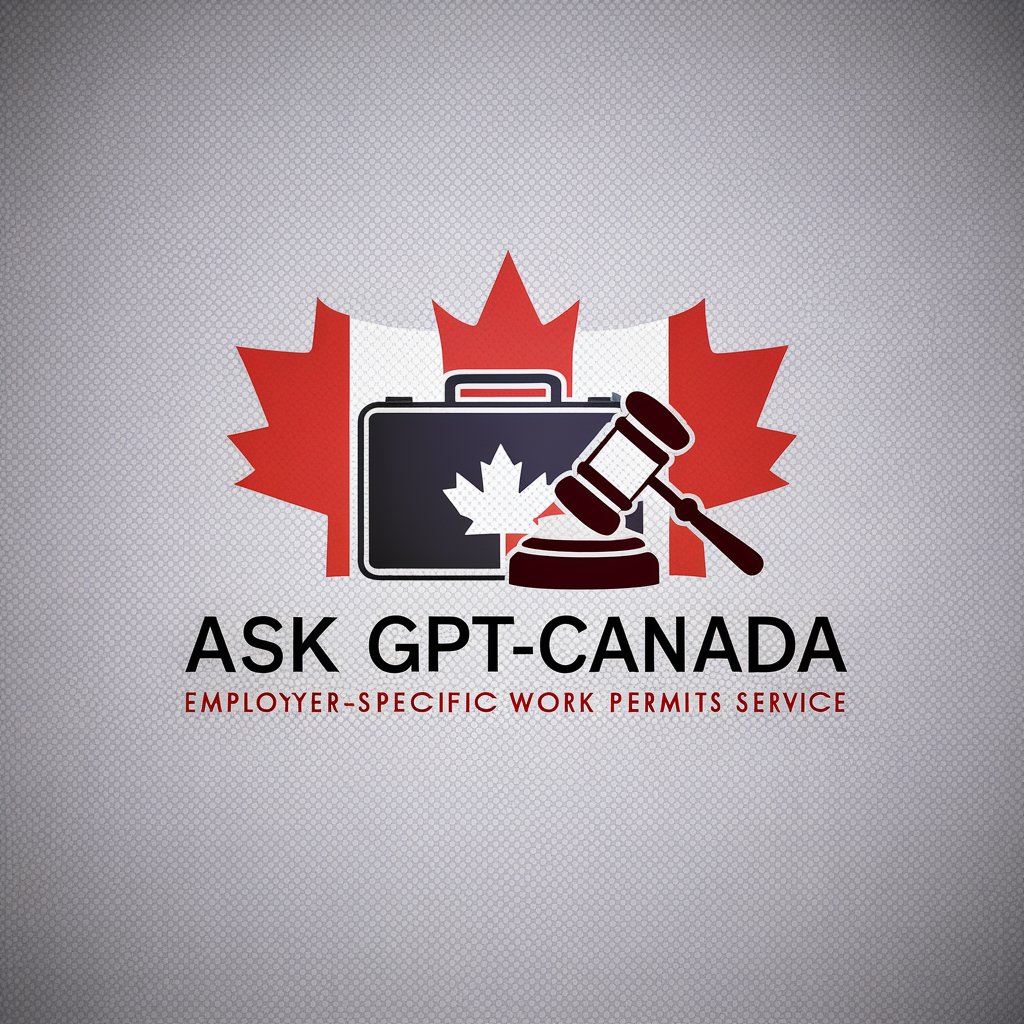
Employer Profiler
Unlock AI-powered company insights at your fingertips.
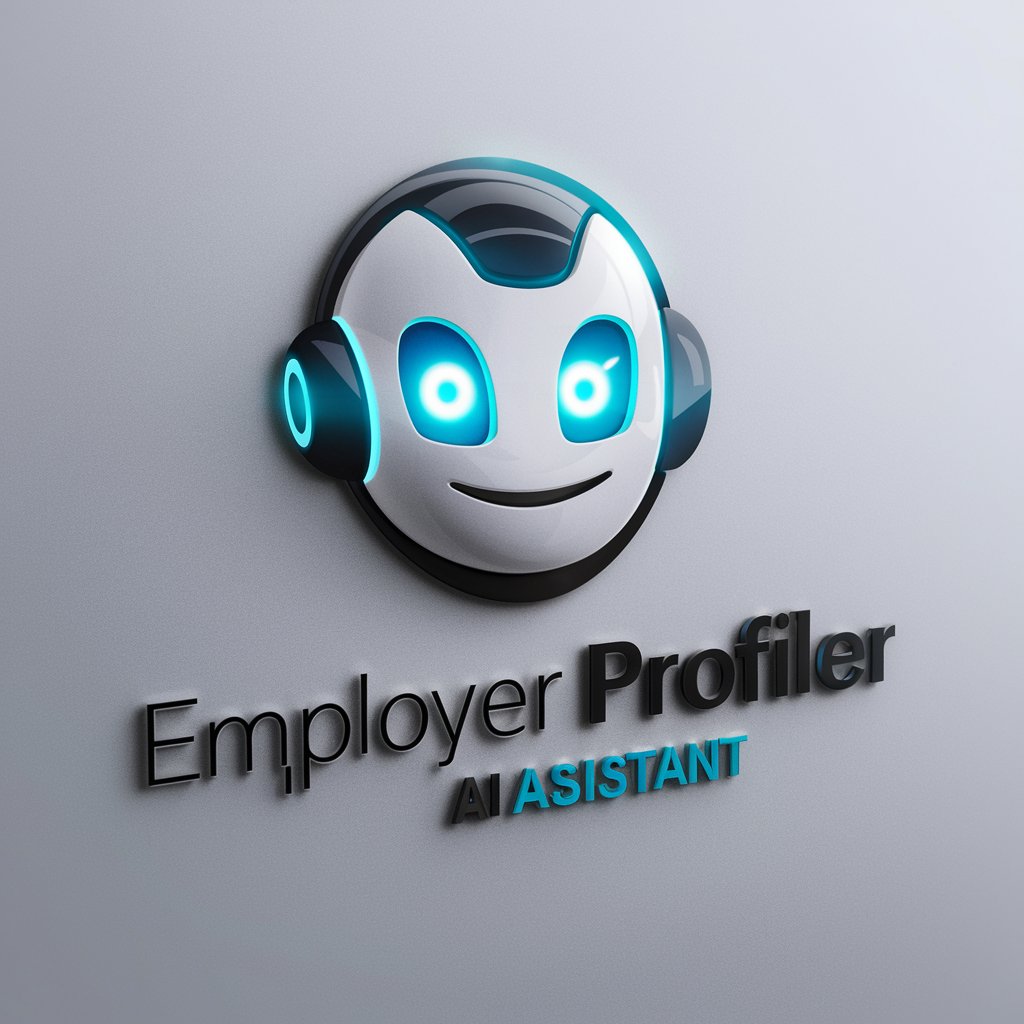
Art Risk Assessor
Mitigating Legal Risk with AI Insight
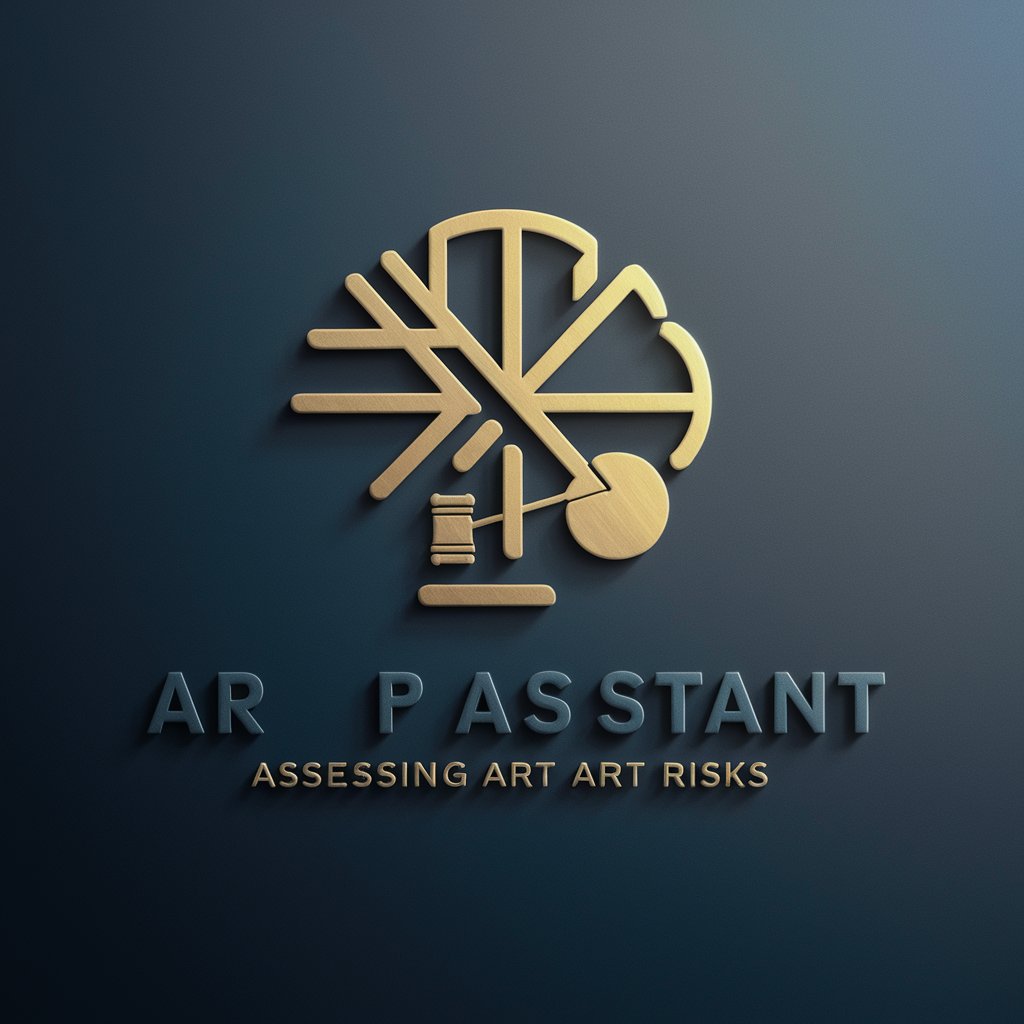
Class Action Navigator
Navigate class actions with AI precision.
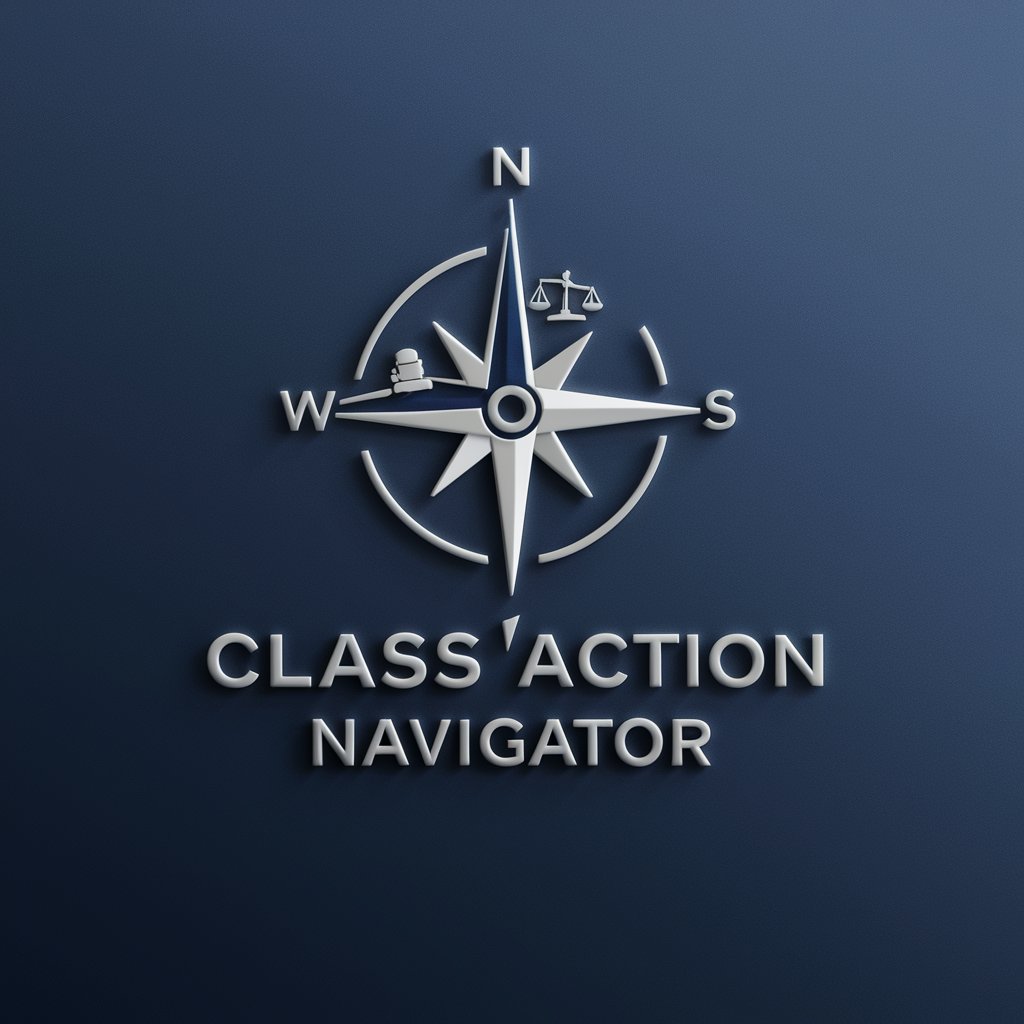
Copyright Court GPT
Decoding music copyright disputes with AI

Legal Guide Job Resignations
Navigate job resignations with AI-driven legal insights
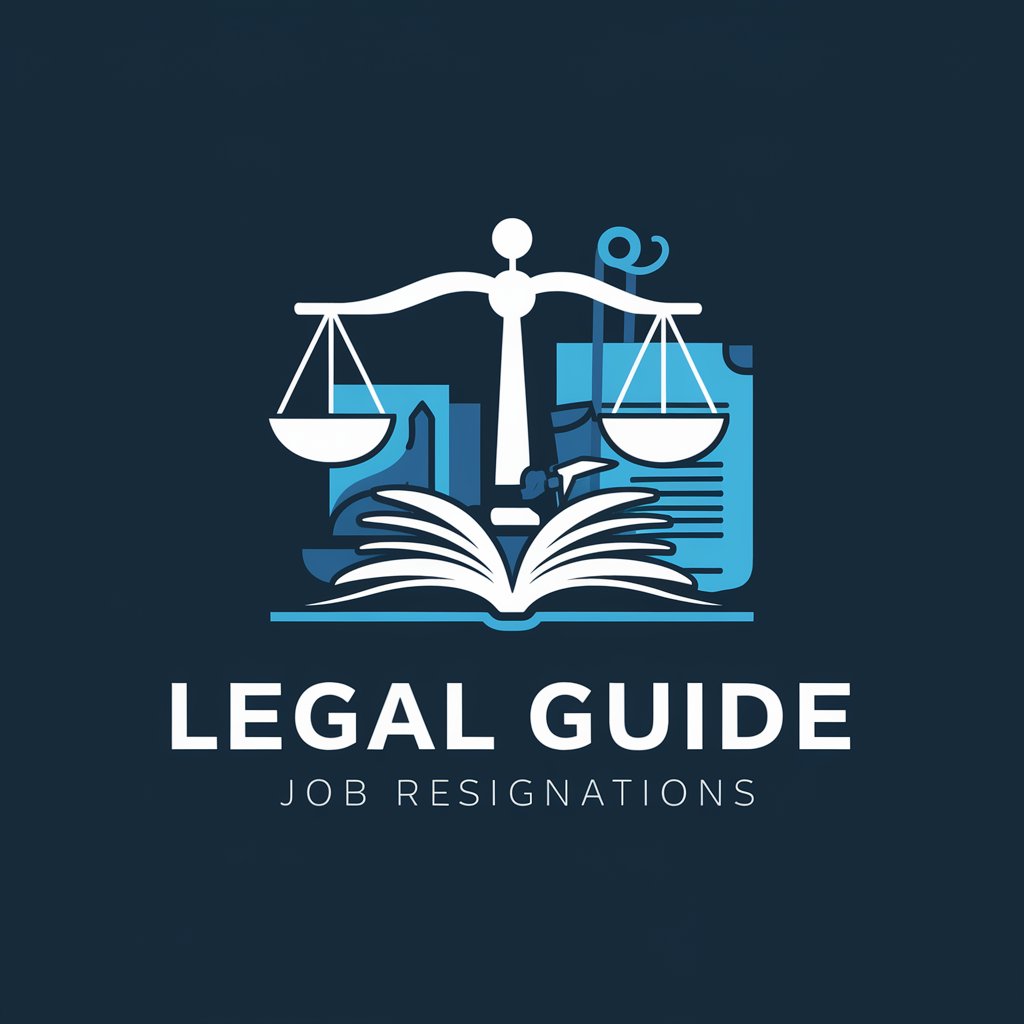
Legal Calc Assistant
AI-Powered Brazilian Labor Claim Calculator
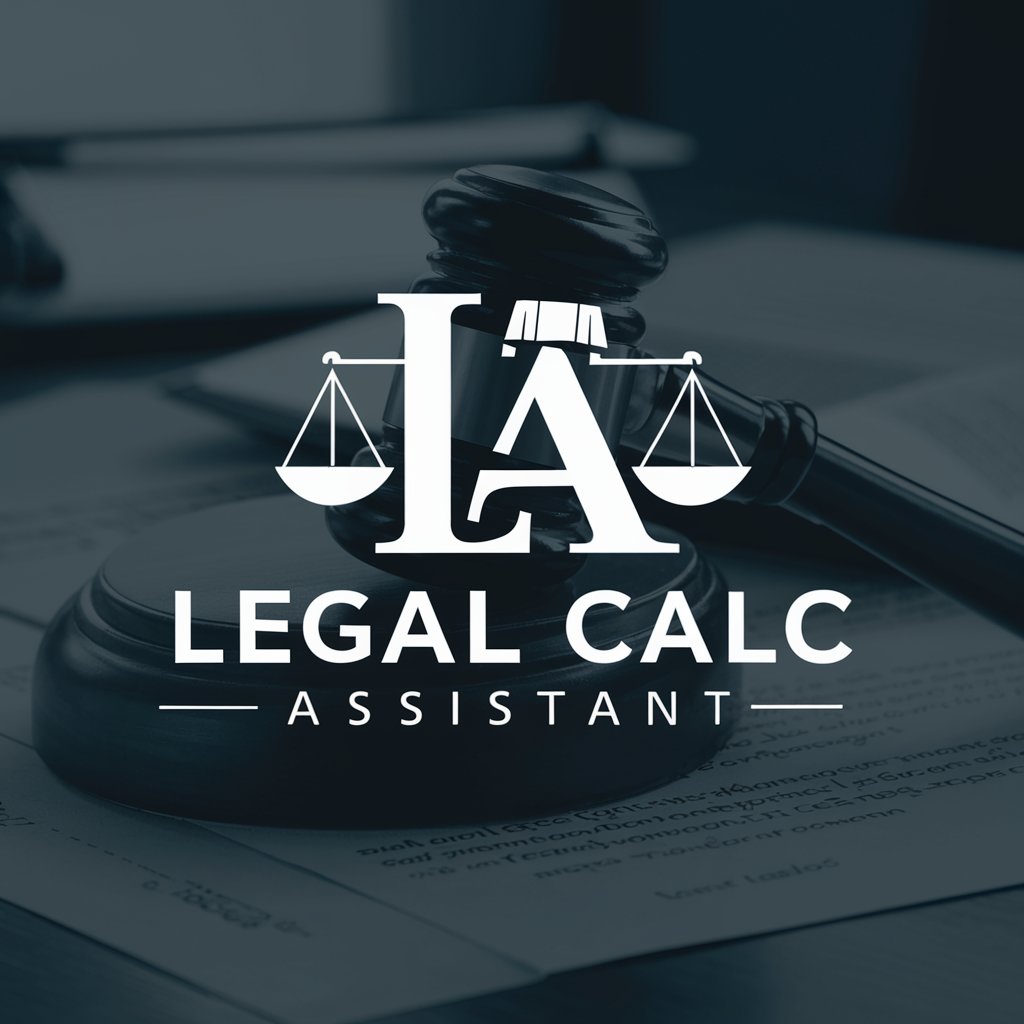
Class Action Navigator
Empowering Legal Action with AI
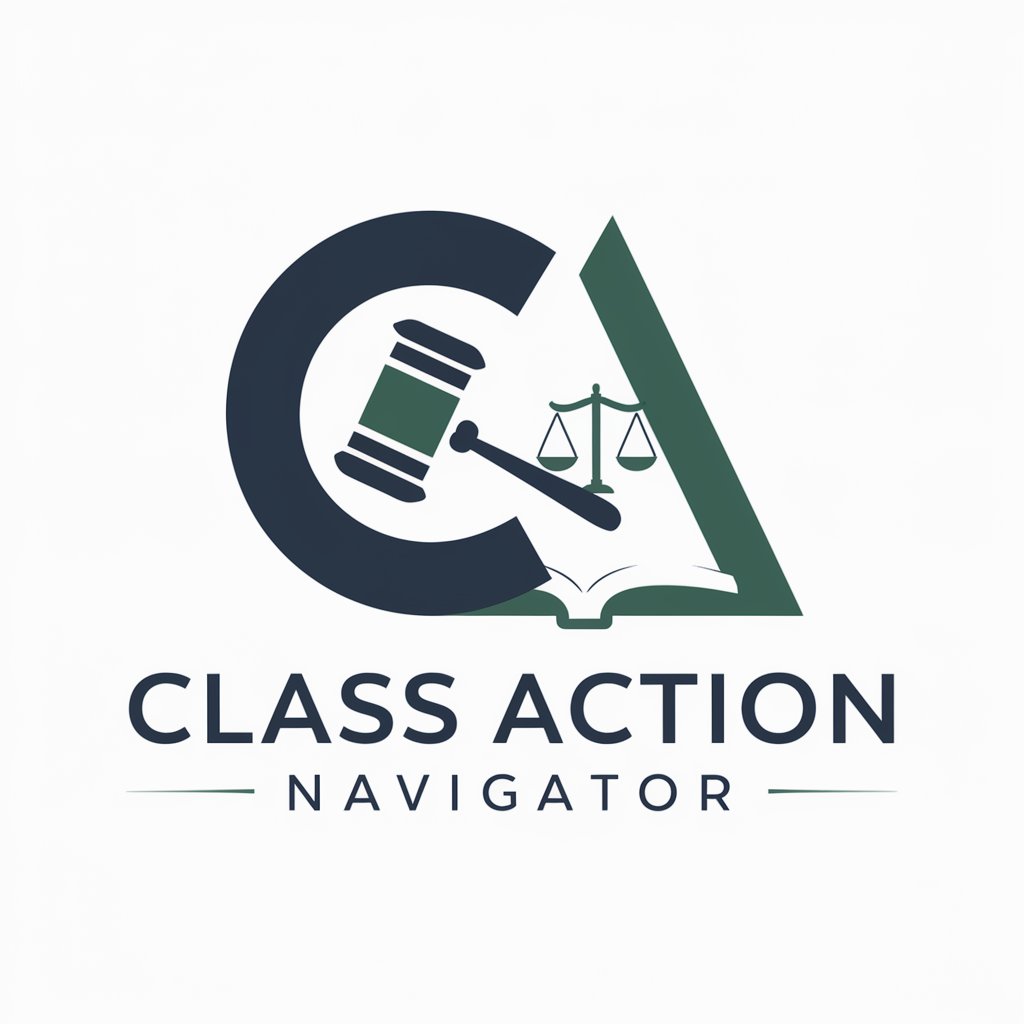
Expert on US AI Copyright Lawsuits Q&A
What constitutes copyright infringement in the context of AI technologies?
Copyright infringement involving AI technologies typically arises when AI-generated content closely mirrors or replicates copyrighted material without authorization. This includes AI systems trained on copyrighted datasets producing outputs that are substantially similar to the original works.
Can AI itself be held liable for copyright infringement?
Currently, AI cannot be held liable for copyright infringement as it lacks legal personhood. Liability often falls on the entity or individual who uses the AI in a manner that results in infringement, such as the developers, users, or companies deploying the technology.
How do fair use doctrines apply to AI-generated content?
The fair use doctrine can apply to AI-generated content, but it's a complex issue. Factors include the purpose and character of the use, nature of the copyrighted work, amount used, and the effect on the market. Courts consider whether AI's use of copyrighted material is transformative and for a markedly different purpose.
What are the implications of recent AI copyright lawsuits for developers?
Recent lawsuits highlight the legal risks associated with using copyrighted materials to train AI systems. Developers should be cautious about the datasets they use for training AI, seek licenses when necessary, and consider the potential for creating infringing outputs.
How might copyright laws evolve to address AI-generated works?
Copyright laws may evolve to better address AI-generated works by clarifying the status of such works, potentially creating new categories of protection or exceptions. Legislative and judicial developments are likely to focus on balancing innovation in AI with protecting creators' rights.
